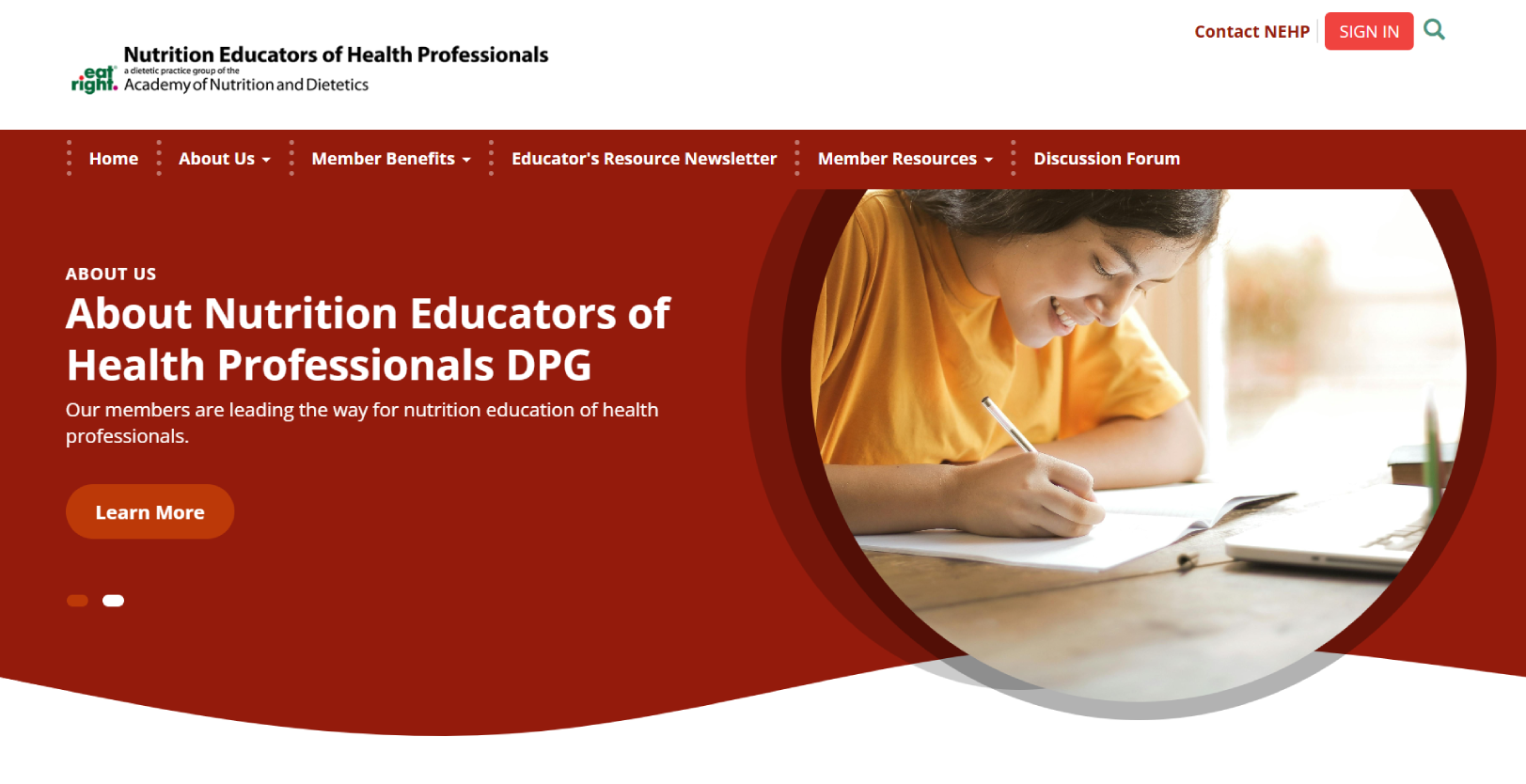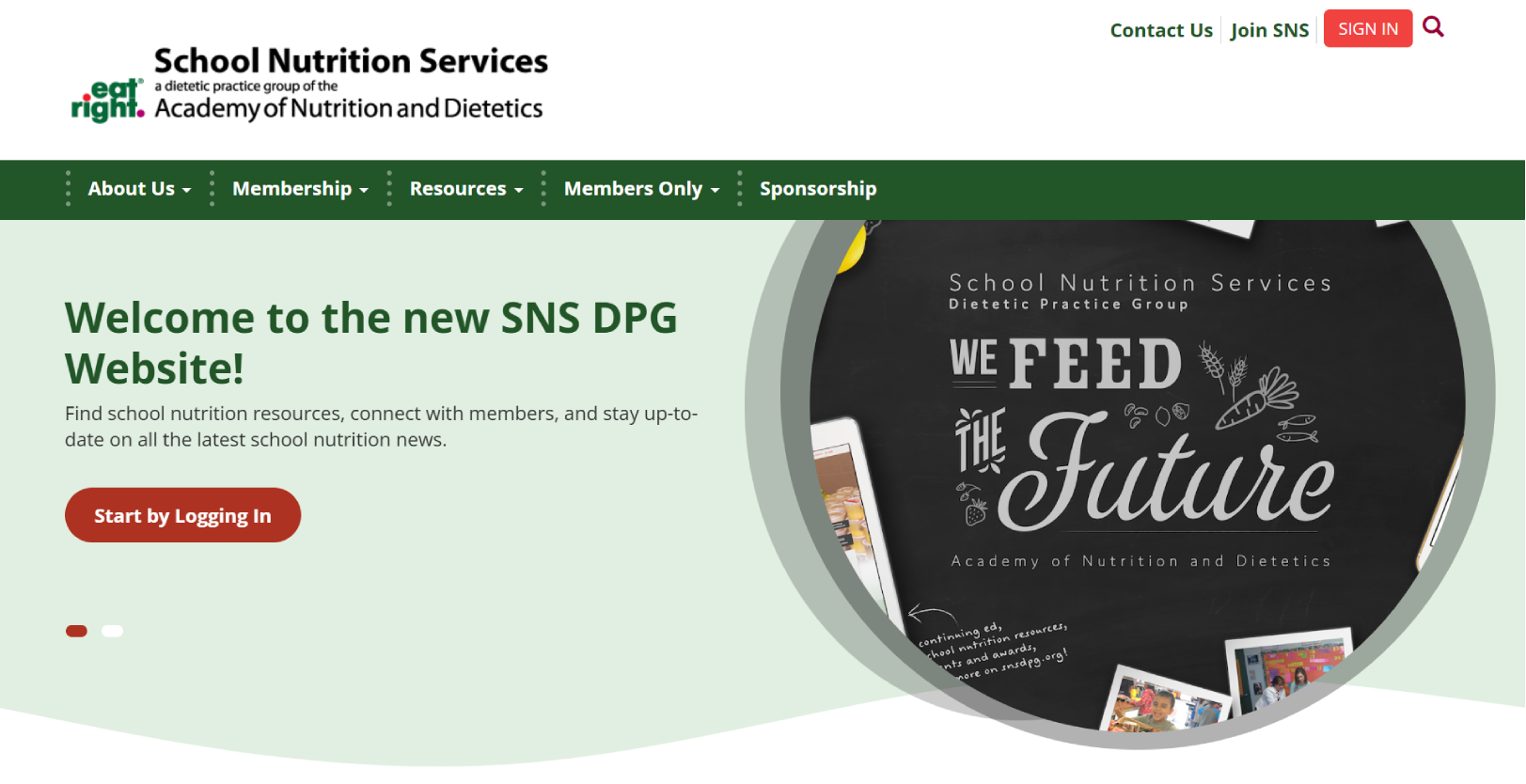
Asian Americans and Pacific Islanders MIG

Behavioral Health Nutrition

Clinical Nutrition Management

Cultures of Gender and Age MIG

Cardiovascular Health and Well-being

Dietitians in Business and Communications

Dietetics in Health Care Communities

Diabetes DPG

Dietitians in Integrative and Functional Medicine

Dietitians in Medical Nutrition Therapy

Dietitians in Nutrition Support

Disabilities MIG

DPG, MIG, and Affiliate Leaders

Food & Culinary Professionals

Global MIG

Healthy Aging

Hunger and Environmental Nutrition

Indians in Nutrition and Dietetics MIG

Latinos and Hispanics in Dietetics and Nutrition MIG

Management in Food and Nutrition Systems

Nutrition Educators of Health Professionals

Nutrition Education for the Public

Nutrition Entrepreneurs

National Organization of Blacks in Dietetics and Nutrition MIG

Nutrition Informatics

Oncology Nutrition

Public Health/Community Nutrition Practice Group

Pediatric Nutrition DPG

Religion MIG

Renal Dietitians

Research DPG

Sports and Human Performance Nutrition

School Nutrition Services

Vegetarian Nutrition

Women's Health

Weight Management